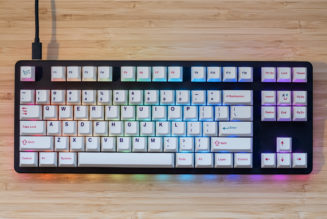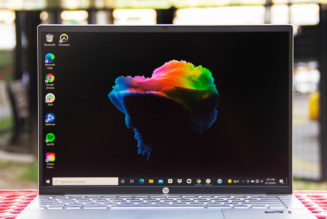The Google Pixel 6 phones will ditch Snapdragon chips for an in-house design, and Qualcomm is clearly feeling a little hurt about it. Qualcomm couldn’t help but throw some shade at Google — in the form of a red flag meme on Twitter (via 9to5Google). In August, Google revealed its Tensor chip, which will make a proper debut at the Pixel 6 event on Tuesday. This marks the end of an era where Pixel phones — and most of Google’s earlier Nexus line — relied on Snapdragon SoCs.
The red flag meme started as a way to identify silly “warning signs” when dating but has since evolved to the point where it can apply to almost anything. Qualcomm came up with this questionable take on the meme, implying that Google’s choice to swap out the Snapdragon for the Tensor was a poor decision.
“We’ve decided to make our own smartphone SoC instead of using Snapdragon”
— Snapdragon (@Snapdragon) October 13, 2021
But the reality is that most Pixel users see the Tensor as something bringing exciting improvements to the device. When we got a sneak peek at the Pixel 6, Google showed off the benefits of a chip designed to make AI and machine learning processes more efficient. During the demo, we saw how the Pixel 6 could correct blurry photos, shoot better videos, and accurately transcribe speech to text — all features Google credits to the new Tensor chip.
Twitter users posted scathing replies to Qualcomm’s tweet, pointing out that, thanks to the Tensor, Pixel users will also no longer have to deal with the limited support period for Qualcomm chipsets. A recent leak suggests the Pixel 6 series will receive five years of Android security updates, which should help extend the life of the phone.
Couple that with the fact that, as 9to5Google points out, Google is one of Qualcomm’s smaller customers, and Qualcomm’s tweet becomes laughable. Qualcomm still provides chips for some of the biggest smartphone manufacturers, including Samsung, which sold 17 percent of all smartphones globally in the second quarter of 2021.








